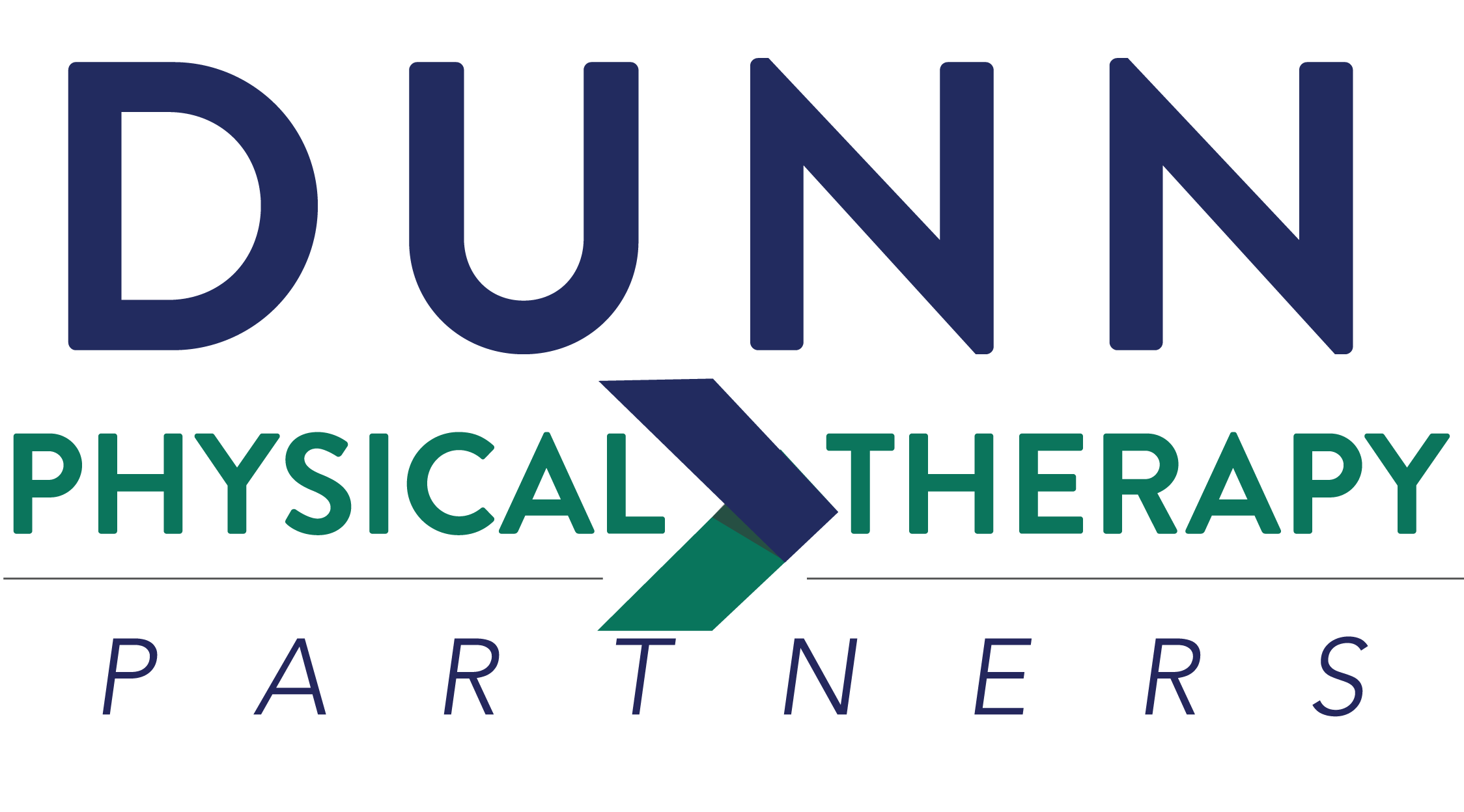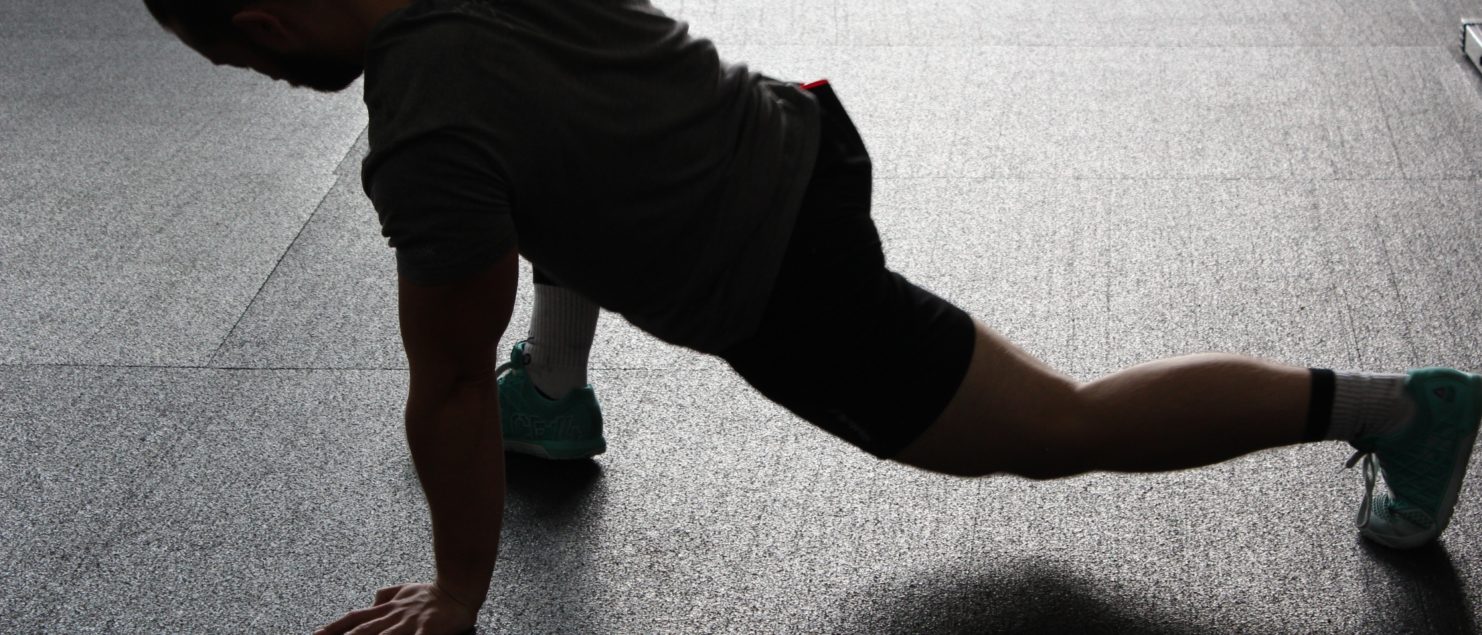3 Common Myths about Stretching
One of the first things most people learn about exercise is the importance of stretching. Stretch to warm up, stretch to cool down, stretch to reduce the risk of injury. But while none of these things are false per se, the truth of stretching is a bit more complicated. Today we’d like to dispel some of these stretching myths.
Myth 1: Stretching Prevents Injury
So one thing is true: stretching absolutely improves your flexibility and range of motion. For certain activities this is extremely helpful…but for others, it can actually be counterproductive.
Consider this study from Sports Medicine. Sports that involve a lot of jumping and bouncing put muscles through rapid stretch-shortening cycles, or SSCs. Elasticity means a greater range of motion for these muscles, which allows them to recover better from these SSCs. But for sports like jogging or swimming with low amounts of SSCs, stretching doesn’t necessarily improve performance or reduce the risk of injuries.
Myth 2: You Can’t Over Stretch
This is absolutely false! Stretching a muscle too far or too much can sprain or pull it, negating any benefits stretching gave you. This is especially for activities such as lifting where you need muscles that are fresh and unharmed.
The biggest sign of over stretching is thankfully obvious: pain. If stretching hurts, stop, and immediately alter your routine to prevent future injuries!
Myth 3: Stretch Before Any Exercise
This myth is well-intentioned, but it’s a bit more complicated than simply stretching whenever and however you want. Muscles stretch best when they are “warm,” or after light activity. It doesn’t take much: a power walk or light lifts are enough to prime your muscles for stretching.
Coincidentally, this is why stretching post-workout is also helpful: your muscles are much more flexible at this point. However, post-workout stretches should be careful and minimal to prevent any injuries.
Looking to improve your stretching routine? Need to learn targeted stretches to help with an injury, condition, or prep for a sport? Physical Therapy Partners can help! Our experienced therapists can develop a routine that’s right for you. Contact us today for an appointment!

